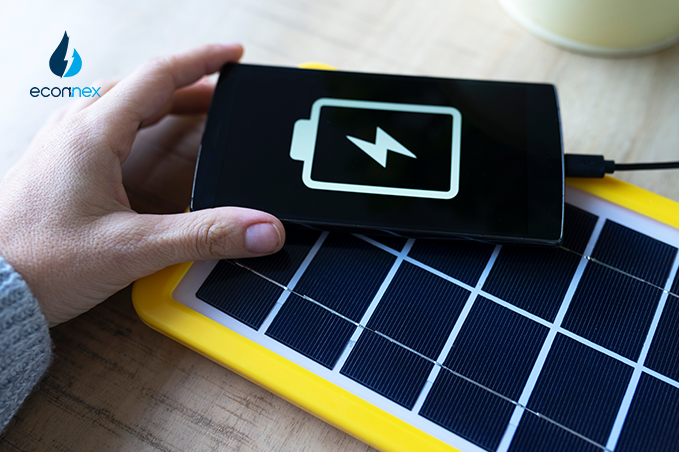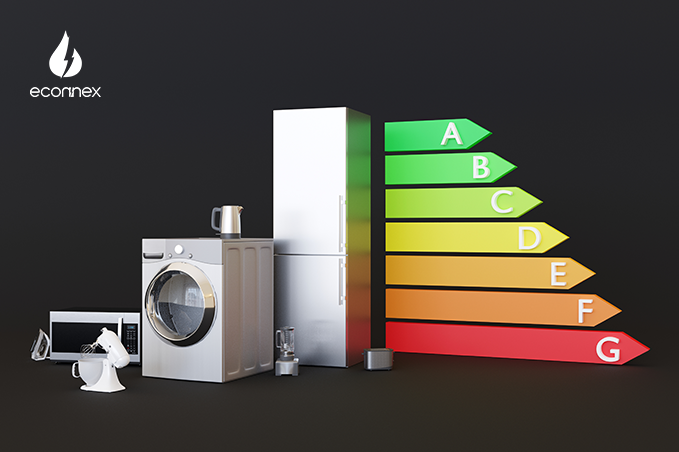Discover the capacity of solar batteries in our informative blog. Learn about kWh, factors influencing capacity & examples of different battery sizes.

Published on 18/12/2023
By Rajesh Kumawat
Solar Comparison
Solar energy has become an increasingly popular choice for homeowners looking to reduce their reliance on the traditional power grid and lower their electricity bills. One important component of a solar power system is the solar battery, which stores the excess energy generated by your solar panels for later use. But how many kilowatt-hours (kWh) can a solar battery hold? Let's delve into the details.
Before we dive into the capacity of solar batteries, let's take a moment to understand how they work. Solar batteries, also known as solar energy storage systems, are devices that store the electricity generated by solar panels during periods of high sunlight. Instead of sending the excess energy back to the grid, this energy is stored in the battery for later use, such as during the night or on cloudy days.
Solar batteries come in different sizes and capacities, and their capacity is measured in kilowatt-hours (kWh). The capacity of a solar battery determines how much energy it can store and how long it can power your home without relying on the grid or additional solar generation.
Several factors influence the capacity of a solar battery. Understanding these factors can help you determine the appropriate battery capacity for your specific energy needs.
The capacity of solar batteries can vary widely depending on the factors mentioned above. Let's explore some examples to understand the range of capacities available.
To determine the appropriate capacity for your solar battery, consider your household's energy consumption patterns, the duration of backup power you desire, and your budget. A professional solar installer can assess your energy usage and recommend a suitable battery capacity based on your specific needs.
Once you have installed a solar battery, it's essential to monitor its performance to ensure optimal usage and maximize your energy savings. Many solar energy storage systems come with built-in monitoring capabilities that allow you to track the battery's state of charge, energy usage, and other important metrics. Some systems also provide remote monitoring through mobile apps or online portals, giving you real-time access to your battery's performance data.
In addition to the built-in monitoring, third-party energy monitoring devices are available in the market. These devices can provide more detailed insights into your solar battery's performance, energy usage patterns, and potential cost savings.
Conclusion
Solar batteries play a crucial role in maximizing the benefits of a solar power system by storing excess energy for use during periods of low solar generation. The capacity of a solar battery, measured in kilowatt-hours (kWh), determines how much energy it can store. Factors such as battery size, chemistry, depth of discharge, system efficiency, and manufacturer specifications influence the capacity of solar batteries.
When considering a solar battery for your home, consult with a professional solar installer to assess your energy needs and recommend the appropriate capacity. With proper monitoring and maintenance, a solar battery can help you achieve greater energy independence, reduce reliance on the grid, and increase your overall energy savings.



